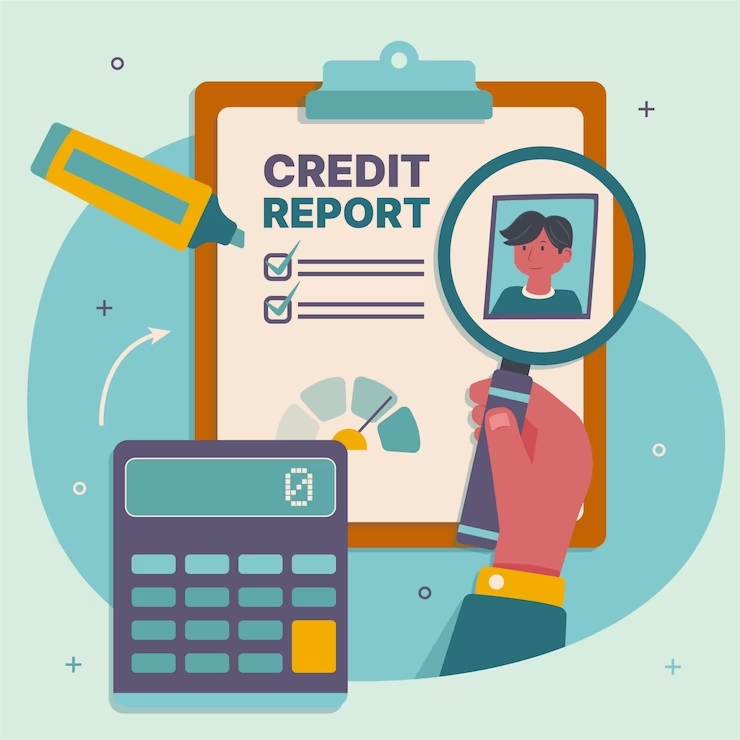The Ultimate Guide to Reading Your CIBIL Report: Features, Components, and What They Mean

Reading and understanding your CIBIL report is essential for managing your credit effectively. The report has several features and components that provide valuable insights into your credit history. The key components of your CIBIL report include your CIBIL score, personal information, contact information, and account information. By analyzing and comprehending these components, you can assess your financial standing, identify errors, and take necessary steps to improve your creditworthiness.
What is a CIBIL Report?
A CIBIL report is a detailed document that reflects your credit history and creditworthiness. It is issued by the Credit Information Bureau India Limited (CIBIL), the country’s leading credit information company. The report summarises your credit behavior, showcasing how you manage your loans, credit cards, and other financial obligations.
Components of a CIBIL Report
- Personal Information
The personal information section of your CIBIL report contains details such as your name, date of birth, gender, and contact information. It is crucial to verify the accuracy of this information to avoid any discrepancies that could affect your credit score.
- Contact Information
This section includes your current and previous addresses, as well as your phone number and email address. It is essential to keep this information up to date to ensure lenders can reach you when necessary.
- Account & Loan Information
This section provides a comprehensive overview of your credit accounts, including loans, credit cards, and other credit facilities. It includes details such as the name of the lender, the type of credit, the account number, the loan amount, the credit limit (in the case of credit cards), the current balance, and the payment history.
Interpreting Your CIBIL Report
- CIBIL Score: The CIBIL score is a numerical value ranging from 300 to 900 that reflects your creditworthiness. A higher score indicates a better credit profile, making obtaining loans and credit cards easier at favorable terms. Understanding the basics of “how to check our CIBIL score” and regularly checking your CIBIL score helps you track your credit health and identify areas for improvement.
- Account Status: The account status column in your CIBIL report indicates whether your accounts are active, closed, or settled. Active accounts with a positive payment history are viewed favourably by lenders, while closed or settled accounts may impact your credit score.
- Payment History: The payment history section outlines your repayment behaviour for each credit account. It reflects whether you have paid your dues on time or if there are any defaults or late payments. Consistently making timely payments boosts your credit score, demonstrating financial responsibility.
- Credit Utilization Ratio: The credit utilization ratio is the percentage of your available credit limit that you are currently using. A lower credit utilization ratio, ideally below 30%, is a positive sign by lenders, indicating responsible credit management.
How to Check Our CIBIL Score?
To understand how to check our CIBIL score, follow these steps below:
- Visit the Bajaj Finserv official website bajajfinserv.in/check-free-cibil-score to understand how to check our CIBIL score.
- Search for the “Check Your CIBIL Score” section.
- Click on the “Check Score” link.
- Enter your mobile number to receive a One Time Password (OTP).
- Enter the OTP and click the “Submit” button to know how to check our CIBIL score.
- Fill out the form with your name, date of birth, PAN card number, and other required details.
- Accept the terms and conditions.
- Click “Submit” again to complete the how-to check our CIBIL score process.
- After submitting, your CIBIL score and report will be displayed on the screen.
How to Improve Your CIBIL Score
- Make Timely Payments: Ensure you pay your loan EMIs, credit card bills, and other debts on time to maintain a positive payment history.
- Keep Credit Utilization Low: Avoid maxing out your credit cards and maintain a credit utilization ratio of less than 30% to demonstrate responsible credit management.
- Avoid Multiple Loan Applications: Limit the number of loan or credit card applications within a short period, as multiple hard inquiries can impact your credit score negatively.
- Regularly Monitor Your CIBIL Report: Stay updated on your credit health by checking your CIBIL report periodically. This helps you identify any errors or discrepancies that need to be rectified.
- Maintain a Balanced Credit Mix: A mix of different credit types, such as loans and credit cards, can positively impact your credit score. However, avoid taking on unnecessary debt.
Conclusion
Understanding your CIBIL report is essential for maintaining a healthy financial profile in India. By familiarizing yourself with its features and components, you can gain insights into your creditworthiness and take the necessary steps to improve your credit score. Understanding the steps of how to check our CIBIL score and regularly checking CIBIL score on the Bajaj Finserv Credit Pass online CIBIL score checking platform is important to ensure a strong financial foundation. By staying proactive and responsible, you can secure better future loan terms and financial opportunities.
